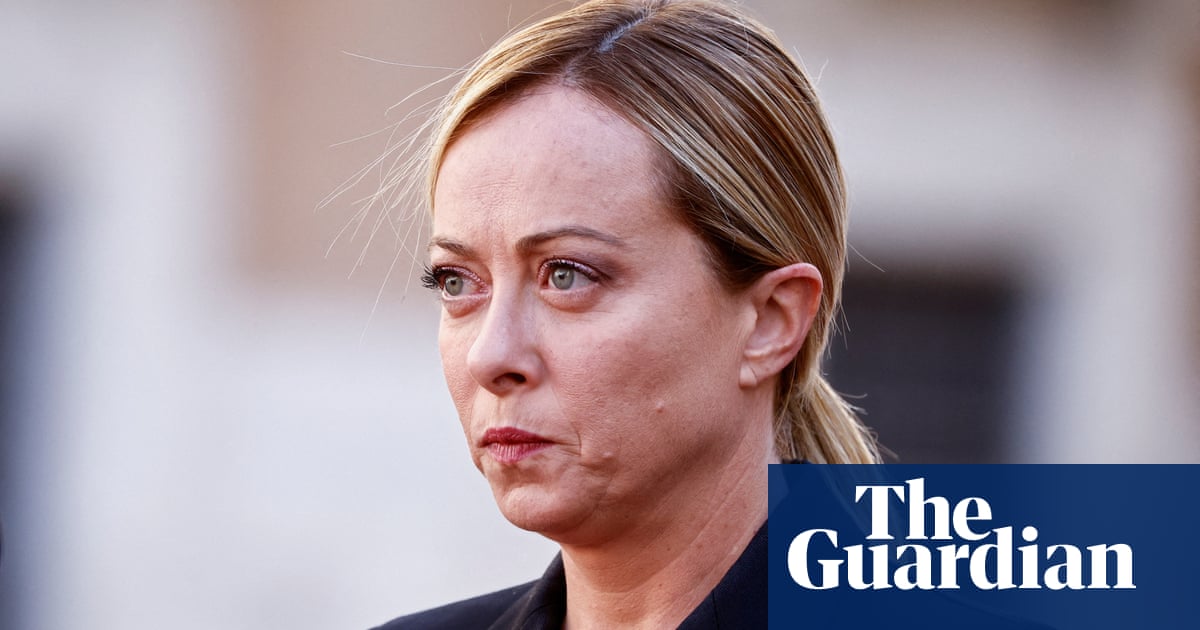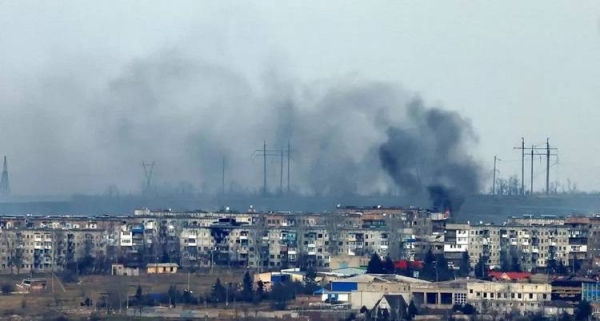
The Indian leader’s bullish stance showed there was little hope of tensions easing along the frontier in coming months, foreign policy experts warned
India and China engaged in a tense military standoff along the Line of Actual Control (LAC) in Ladakh
NEW DELHI: Indian Prime Minister Narendra Modi said on Saturday the country had delivered a “fitting reply” over recent border clashes in the disputed Himalayan region of Ladakh.
The Indian leader’s bullish stance showed there was little hope of tensions easing along the frontier in coming months, foreign policy experts warned.
“The world has seen in Ladakh what our brave soldiers can do to save the sovereignty of the nation,” Modi said in his address to the nation, without naming China, as the country marked its 74th independence day.
Modi’s veiled comments come three months after clashes with Chinese troops in the Galwan Valley left 20 Indian soldiers dead — the first military confrontation between the two countries in more than four decades.
India and China engaged in a tense military standoff along the Line of Actual Control (LAC) in Ladakh. Despite extensive talks, there seems to be little sign of an easing of tensions in the area.
Modi’s speech was also riddled with veiled threats to arch-rival Pakistan. “From LoC (Line of Control with Pakistan) to LAC, anyone who has (threatened) the sovereignty of the country, the army has responded in the same language.”
Tensions began building up in the disputed region in May when Indian troops blamed China’s military for hindering patrols along the Ladakh and Sikkim border.
Beijing blamed its southern neighbor for building road infrastructure in the Fingers Region around the Pangong Tso Lake and the Galwan Valley in eastern Ladakh.
Amid the blame game, the two sides reinforced their troops, leading to a military buildup.
Referring to the incident as part of China’s expansionist policy, Modi warned that India would confront terrorism or expansionism with “full might.”
However, opposition Congress Party spokesperson Randeep Singh Surjewala questioned why “our rulers are scared of mentioning China’s name.”
“Each and every Congress worker and all Indians are proud of our armed forces and have full faith in them,” he told reporters after Modi’s address.
“We salute the armed forces for giving China an apt reply every time there has been an attack. But what about those who are sitting in power. Why are they scared of mentioning China’s name?”
Surjewala said the government must explain how it plans to safeguard the country"s territorial integrity.
“Today, when China has occupied our territory, we must ask the government how it proposes to push the Chinese forces back and protect our territorial integrity. That is the true sense of democracy,” he said.
Foreign policy experts said that Modi"s address was directed at domestic audiences.
“The statement is meant for domestic consumption. It doesn’t change the fact that the disengagement and de-escalation process at the LAC is at a standstill,” Manoj Kewalramani, of the Bangalore-based Takshashila Institution think tank, told Arab News.
There was “no evidence” of Chinese troops retreating from their positions, he said.
Lt. Gen. Deependra Singh Hooda, former chief of the Indian army’s northern command, said both sides were in a difficult position and their standoff “will have geopolitical implications for South Asia.”
“The standoff will affect India-China relations, particularly China and whether they want relations with India that are marked by tension.
“There is also talk of India looking at other geopolitical options such as QUAD (Quadrilateral Security Dialogue, an informal strategic forum between the US, Japan, Australia and India),” Hooda told Arab News.
Millions tune in for Modi’s customary independence day speech, which usually dwells on the government’s domestic triumphs and foreign policy plans.
However, this year he also attempted to strengthen the bond among South Asian nations, saying that “if greater peace prevails in this region, it will help all humanity and the world.”
Modi added: “Leaders of the region have a great responsibility in the development of its huge population.
“In the last few years, India has strengthened its relationship with the extended neighborhood, particularly with the West Asian countries. Our economic relationship, particularly the partnership in the energy sector, is important.”












